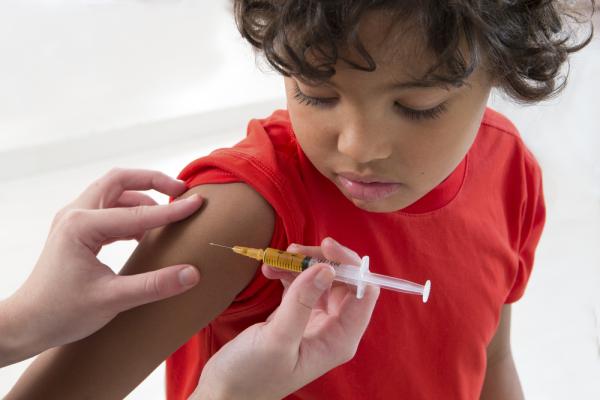
In an effort to halt what some pediatricians are calling a rising tide in vaccine hesitancy, the American Academy of Pediatrics have released a statement urging states to crack down on parents who refuse to vaccinate their children. The recommendations go as far as stating that pediatricians reserve the right to exclude anti-vaccine families from the practice who refuse to change their minds.
The news is good, and we here at the council welcome it, as a whopping 87 percent of pediatricians this year have been 'challenged' by parents who refuse to vaccinate their children, up from 75 percent in the last decade.
“Parents, pediatricians, and policy-makers all have a role here in protecting children from diseases like measles and whooping cough,” said AAP President Benard P. Dreyer, MD, FAAP. in a recent policy statement.
“As pediatricians, we care about every individual child in our practices, and we know that vaccines are an important way to protect them from disease. We also care about the broader communities where our patients live, play and learn, and high immunization rates are critical to keeping disease outbreaks at bay. No child should have to suffer through a disease that could have been prevented by a vaccine.”
The stern stance comes after exhaustive efforts by pediatricians over the last few years to educate hesitant parents on the safety, efficacy and — above all, importance of childhood vaccinations. Officials say non-medical exemption laws have failed.
“It’s clear that states with more lenient exemptions policies have lower immunization rates, and it’s these states where we have seen disease outbreaks occur as the rates slip below the threshold needed to maintain community immunity,” said Geoffrey R. Simon, lead author of the medical exemptions policy statement and immediate past chair of the AAP Committee on Practice and Ambulatory Medicine.
The data shows that unvaccinated children often come in a cluster of communities with a higher susceptibility to disease. A measles outbreak in California affected three percent of kindergartners who were exempt from the measles, mumps and rubella (MMR) vaccine. Chidlren who were not old enough to be vaccinated were also affected by the outbreak. In fact, in 2015, a total of 189 people were reported to have measles in the U.S. And in 2014, the nation experienced its highest recorded number of measles cases, a total of 667 cases in 27 states— the largest outbreak since 2000.
The outbreaks highlight how vulnerable unvaccinated children can be.
According to AAPs lengthy report, pediatricians should begin discussing the importance of vaccines with parents as soon as the first prenatal visit, accompanied with scientific data on their safety. And although they may refuse service to parents who don't vaccinate, the measure should be a last resort — after all means have been exhausted. In fact, the number of pediatricians who routinely ask parents to seek another physician has jumped from six percent in 2006, to 12 percent in 2013.
To better educate parents and yield an outcame where parents agree to vaccinate, pediatricians are urged to draw from their own personal experience in deciding to vaccinate his or her child or children. Studies have found that skeptical parents tend to value a pediatrician's personal experience with vaccinations over statistics for the public at large.
The academy is offering a free online course to pediatricians who may need help in counseling skeptical parents. You can view the full report here.



